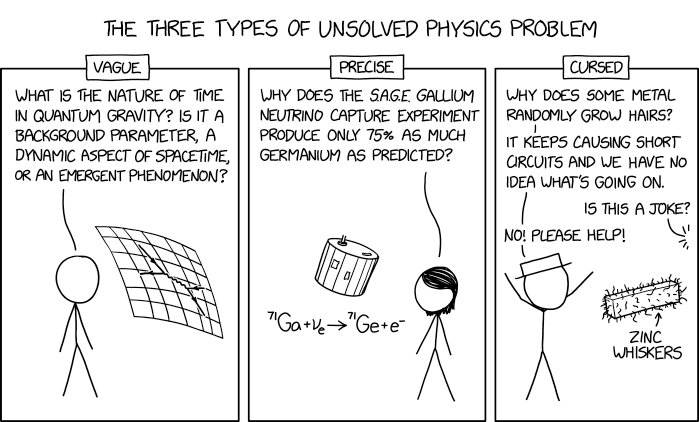Electric bills for millions of Americans are expected to rise by more than 20 percent in the coming months. The number of power grid blackouts could double by 2030. Electricity demand in that same time period will skyrocket, far surpassing current levels.
It's all part of what the top North American power grid watchdog says is one of the grid's "greatest near-term reliability challenges": the rapid development of data centers, which contain fast-working, electricity-hungry computer systems that support artificial intelligence technology.
Across the country, tech firms are building data centers faster than power companies can build new electricity generation plants, creating the potential for supply crunches and shortages. By 2028, data centers are projected to account for up to 12 percent of total electricity consumption nationwide, and the United States is expected to consume more electricity for data processing than for manufacturing all energy-intensive goods combined—that includes aluminum, steel, cement, and chemicals.
By comparison, the total electricity generated in the United States increased about 3 percent last year.
That dynamic is raising policy questions for lawmakers, regulators, and industry about the speed of power development and whether new power generation will be fossil fuel-based or green energy. Those questions are urgent: A Harvard study this year found that consumers face billions of dollars in rate increases to pay for new data center-related grid improvements. According to a study commissioned by the government of Virginia, which is home to hundreds of data centers, new data center development will likely increase electricity costs "for all customers."
The issue is on full display up and down the Mid-Atlantic, which has been dubbed "Data Center Alley," where more data centers have been constructed than in any other region in the world. These facilities are gobbling up so much electricity that it is diverting supplies away from homes and businesses and causing noticeable rate increases.
"Prices will remain high as long as demand growth is outstripping supply—this is a basic economic policy," a spokesman for the region's power grid operator told Reuters this week.
It's also on display in Tennessee, where advocates have expressed concern that Elon Musk's xAI supercomputer in Memphis will suck much-needed power from surrounding communities. In response, the local utility company said the facility is using temporary gas-fired turbines for power and that xAI will pay for grid upgrades as it increases power consumption.
For green energy developers and climate activists, the United States must lean into developing more wind and solar to continue to decrease reliance on fossil fuels and curb carbon emissions. They also argue green energy, particularly solar, is the fastest energy source to construct.
But according to the oil and gas industry, the challenge presented by artificial intelligence will only be solved by increasing the grid's reliance on fossil fuels and decreasing its reliance on green energy sources that fail to provide electricity without the right weather conditions—that means more domestic natural gas production, more pipelines, and more natural gas-fired power plants.
"Fossil fuels are finding their footing. I think there's a vibe shift," Amy Oliver Cooke, the president of the right-leaning firm Always On Energy Research, said in an interview. She noted that natural gas is the primary source of energy powering data centers nationwide.
"Wind and solar can't power a data center," she said. "If it can't power a data center, how is it going to power a grid? The point is it can't."
On Tuesday, President Donald Trump, top federal energy officials, lawmakers, and industry leaders will huddle at a first-of-its-kind energy and innovation summit to address these questions. The fossil fuel industry is prepared to make its voice loud and clear during the meetings.
"For too long, there's been too much of a focus on aspirational goals of where the energy should come from, rather than what is realistic in this timeframe," American Petroleum Institute president and CEO Mike Sommers, who will attend the summit, told the Washington Free Beacon. "There's a renewed look at the importance of natural gas and getting away from these intermittent sources that don't provide the kind of energy that these data centers and that American consumers are going to need."
He said his main message to the president at the summit will be that the nation needs more infrastructure, like pipelines, to transport fuels as more power plants come online. "We need the infrastructure in place so that we can move that energy from where it is to where it needs to be," Sommers added.
Meanwhile, power companies continue to shutter existing fossil fuel-fired power plants to meet climate goals set in recent years and accelerated during the Biden administration. Coal, gas, and petroleum power plants with a total capacity of 12.3 gigawatts, enough to power millions of homes, are expected to retire in 2025.
The vast majority of new electricity generation is expected to come from green sources—more than 32 gigawatts of solar power and nearly 8 gigawatts of wind power are projected to come online this year. But because they are dependent on the weather, those sources will only produce 34 percent of their listed capacity at best, according to federal data.
"Unrealistic commitments that were made during a period of lesser energy demand are really hitting energy reality right now and people are waking up to the fact that you're going to need a lot more energy on the grid, and most of that energy is going to come primarily from natural gas," Sommers told the Free Beacon, noting that he has had "blunt conversations" with the power generation industry.
At the same time, the challenges posed by the rapid growth of artificial intelligence present a real national security-related risk. Failing to power data centers could ultimately mean ceding ground on the technology to China, which is working to rapidly scale up its data center infrastructure in competition with America.
The post How the AI Revolution Is Straining American Energy appeared first on .














